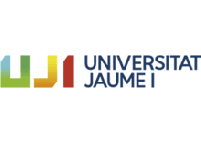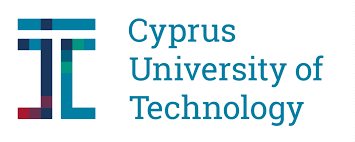ABOUT US




OPTIMUS PRIME proposal focuses on natural products and beneficial soil microorganisms such as AMF and PGPB as seed priming agents to improve resilience of commercial widespread tomato genotypes and local adapted varieties to challenging abiotic and biotic constraints, including invasive pest attack. Optimization of this approach will enable the application of the developed technology to other crop species including underused species and/or varieties with increased sensitivity to adverse environmental conditions, thus promoting future crop diversification. Priming modulates plant physiology and biochemistry increasing the ability of the primed plants to endure the stress conditions and thrive. Furthermore, it has been suggested that epigenetic modifications are involved in priming phenomena against abiotic challenges. Such modifications may lead to long-lasting memory and potentially even transgenerational enhanced protection against abiotic stresses. In practical terms, this is achieved by exposing plants or plant tissues to different compounds and/or microorganisms . To this respect, seed priming has been shown to induce tolerance to stress conditions in germinated plants and has the advantage that no additional manpower and other resources to carry out field treatments are required, constituting a cost-effective practice. The consecution of the objectives proposed in OPTIMUS PRIME will contribute to minimize yield losses, ensure farmers' income, and provide safer food products, through implementation of economically- and ecologically-sustainable farming practices and transference of the technology to the productive sector through adequate intellectual property management and dissemination of the results.















